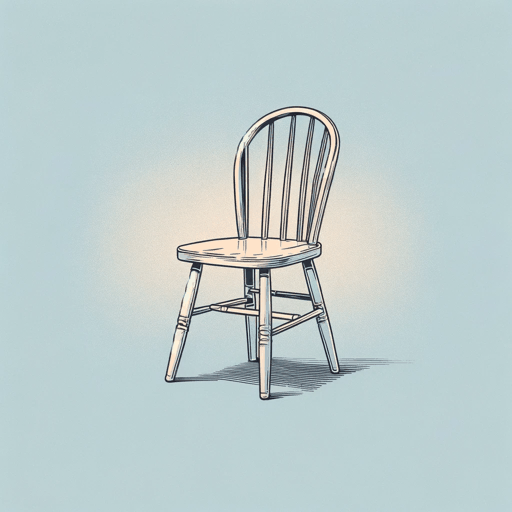18 pages • 36 minutes read
Langston HughesI, Too
Fiction | Poem | Adult | Published in 1926A modern alternative to SparkNotes and CliffsNotes, SuperSummary offers high-quality Study Guides with detailed chapter summaries and analysis of major themes, characters, and more.
Literary Devices
Metaphor
“I, Too” consists of one extended metaphor. The metaphor centers around the domestic image of a dinner table: The people who eat at it and those who are excluded. The only indication Hughes gives that this poem is about race is when he identifies himself as the “darker brother” (Line 2). The rest of the poem builds on the imagery of the dinner table and the treatment Hughes receives there.
The dinner table image functions as a metaphor for American society and the treatment of its citizens. The dinner table and the coming together of people around it are traditional American images. The Thanksgiving holiday celebrates the sharing of a meal between the Pilgrims and Native Americans. The Fourth of July and other major holidays in America typically feature the gathering of people and sharing of food. By describing himself as someone whom white people have denied a seat, Hughes illustrates the mistreatment of African Americans. He asserts that he is someone who not only belongs at the table, but someone who will thrive there. His exclusion is the loss of those who deny him, and he will not suffer because of it.
Related Titles
By Langston Hughes
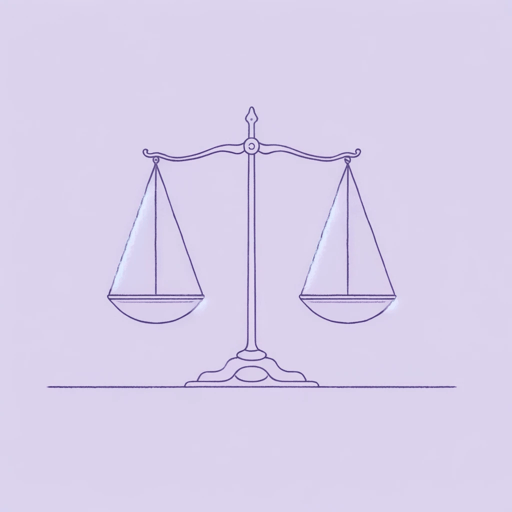
Children’s Rhymes
Langston Hughes

Cora Unashamed
Langston Hughes

Dreams
Langston Hughes
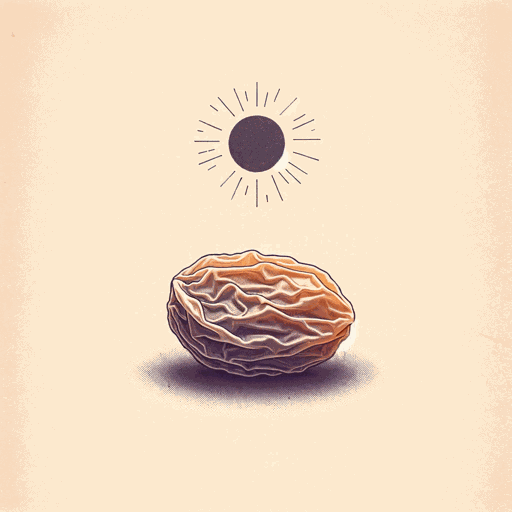
Harlem
Langston Hughes
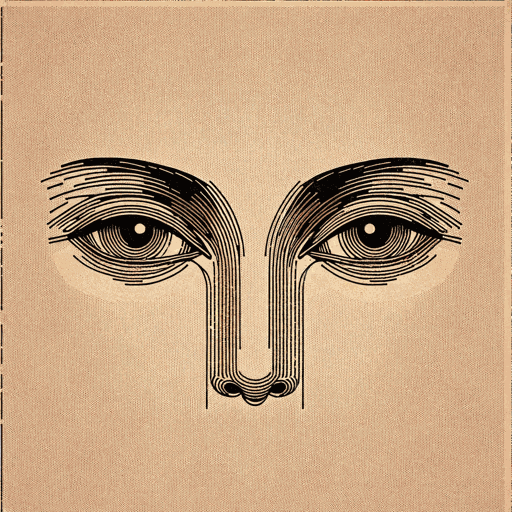
I look at the world
Langston Hughes
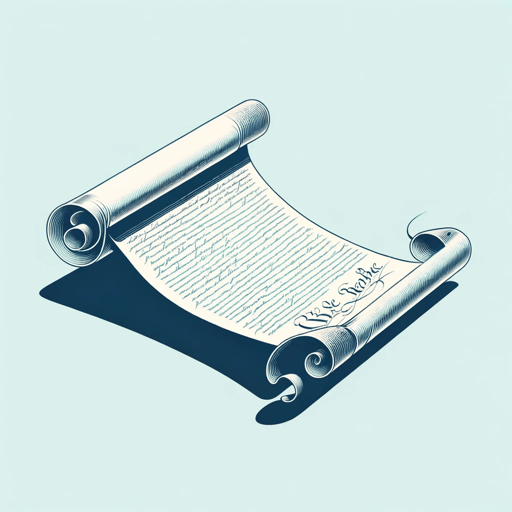
Let America Be America Again
Langston Hughes
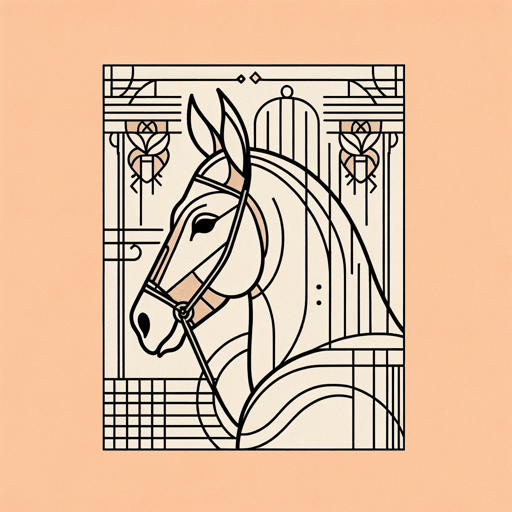
Me and the Mule
Langston Hughes

Mother to Son
Langston Hughes

Mulatto
Langston Hughes

Mule Bone: A Comedy of Negro Life
Langston Hughes, Zora Neale Hurston
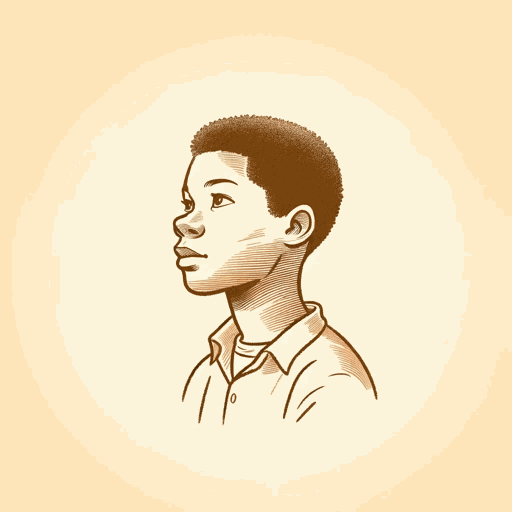
Not Without Laughter
Langston Hughes

Slave on the Block
Langston Hughes
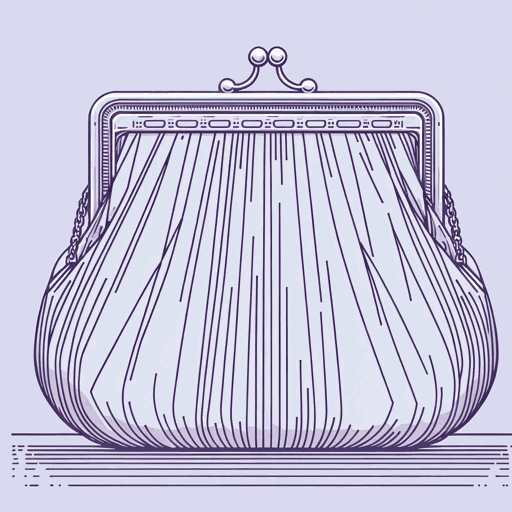
Thank You, M'am
Langston Hughes

The Big Sea
Langston Hughes
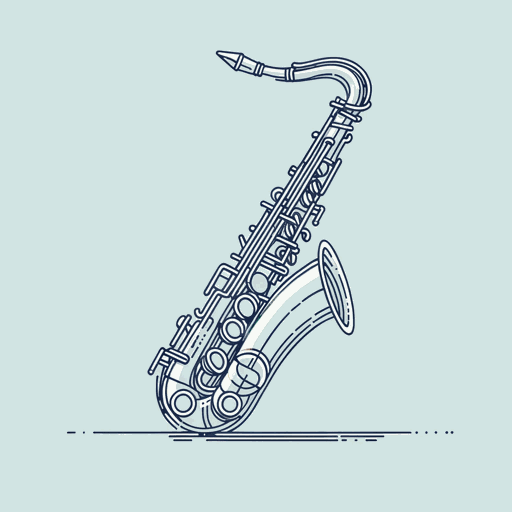
Theme for English B
Langston Hughes
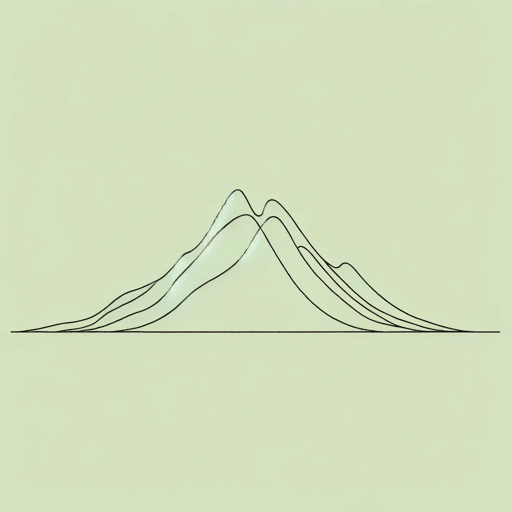
The Negro Artist and the Racial Mountain
Langston Hughes

The Negro Speaks of Rivers
Langston Hughes
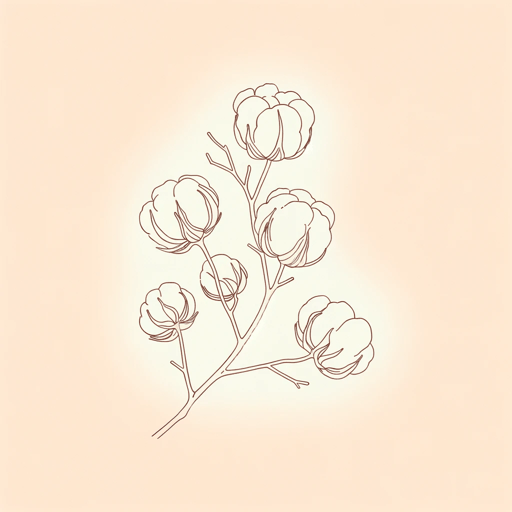
The Ways of White Folks
Langston Hughes
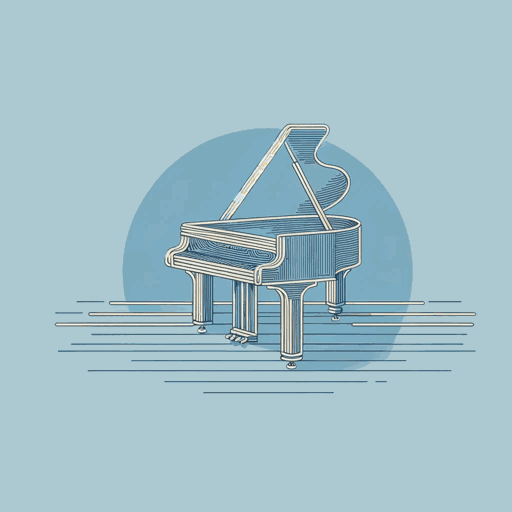
The Weary Blues
Langston Hughes

Tired
Langston Hughes
